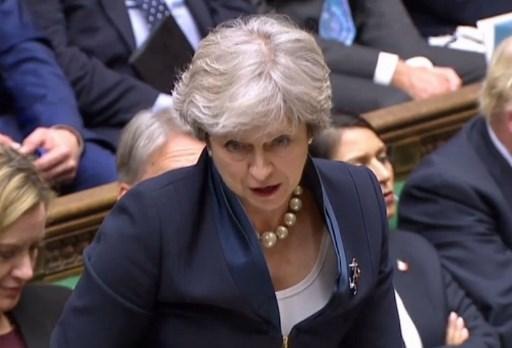On Tuesday, the British government won the first round of votes in parliament at Westminster by a narrow margin. A major battle is unfolding there on the bill intended to put an end to the supremacy of EU law in the United Kingdom. This is a necessary adjunct to the Brexit negotiations.
The Labour opposition thus failed, also by a narrow margin, to vote through an amendment extending the post-Brexit transition period for a limited duration. Earlier in the evening, Theresa May’s Conservative government blocked, by a large majority, an amendment put before the House by Welsh and Scottish MPs. This would have given the decentralised legislatures a right of veto concerning any final withdrawal agreement. The MPs also adopted, by a margin of 250 votes, the repeal of the 1972 law (the European Communities Act) which had originally enabled Great Britain to join the European Community (now the European Union).
These votes are the first in long series of such votes. Nearly 500 amendments to the bill are scheduled to be debated by British MPs over the course of the next few days, indeed the next few weeks. This bill for withdrawal from the European Union, must enable Great Britain to continue to operate normally when it severs its current ties with the European Union. This will take place at the end of March 2019. This timetable was approved by an initial vote in parliament in September.
From the start of the debates on Tuesday, MPs were divided as to the date for Brexit. The government wants the cut-off date and time to be March 29th, 2019 at 11 p.m. GMT, or midnight in Brussels, to the chagrin of some MPs. The Labour MP, Frank Field, put forward an amendment pushing Brexit over to March 30th, so that it takes place after midnight (London time). He suggested, “My amendment will enable us to decide our departure according to British time, whereas the government’s suggestion is simply to appease the Europeans.” Some Conservative MPs went further by rejecting the idea of fixing a date in advance. They argue that if the negotiations with Brussels go badly, it will possibly be more complicated to pursue discussions with Europe as to our future relationship with them.
This parliamentary battle comes at a time when Theresa May, her majority weakened by the results of the June parliamentary election, is barely able to assert her authority, even within her own government.
The Brussels Times

